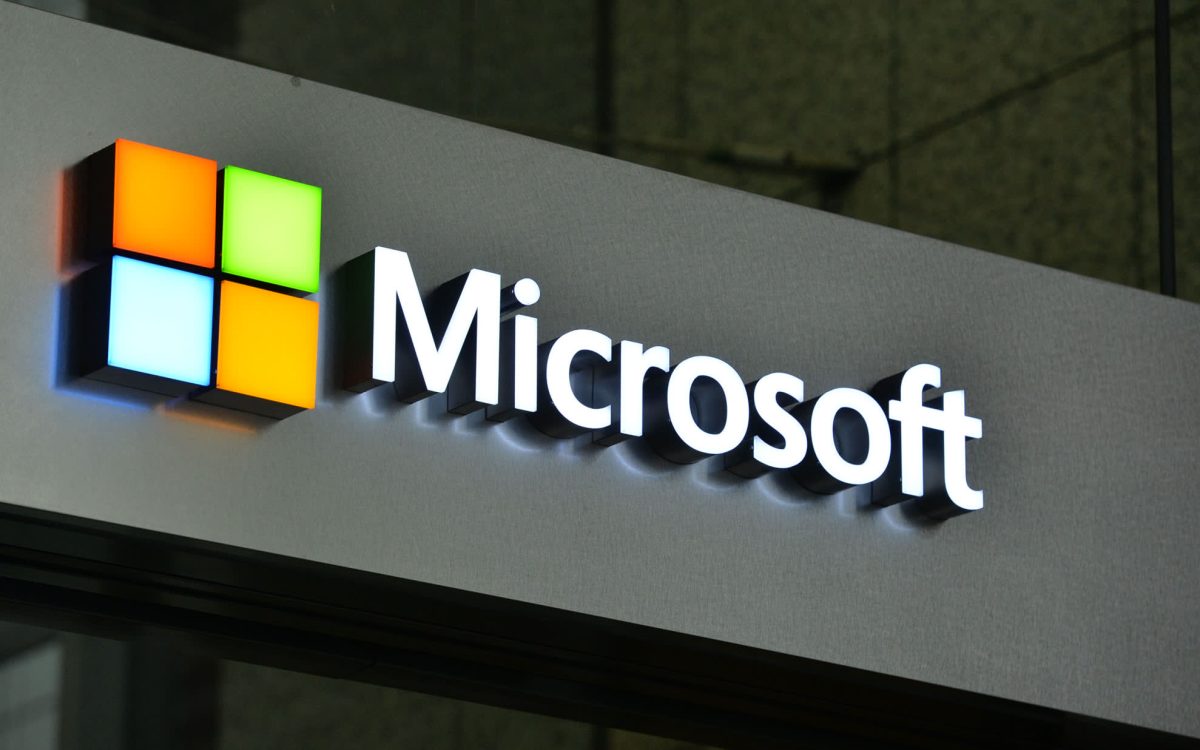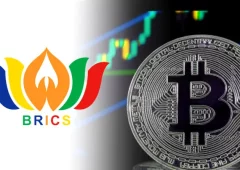Microsoft-OpenAI: A Complex Mix of Rivalry and Partnership
04.08.2024 12:00 2 min. read Alexander Stefanov
In a recent SEC filing, Microsoft has depicted its relationship with OpenAI as a mix of both competition and partnership.
The Form 10-K report, submitted in July, frequently refers to OpenAI as both a competitor and a “strategic partner,” highlighting the complex nature of their connection.
Despite listing numerous competitors such as Apple and Nintendo, Microsoft identifies OpenAI as its only strategic partner. This detail stands out, especially considering the document’s 72 mentions of “partner” and its variants, with no other partners named specifically.
This partnership-competition dynamic is significant given the ongoing antitrust investigations in the UK, US, and EU concerning Microsoft and OpenAI. These probes are examining potential anti-competitive practices in the AI sector.
The relationship between the two companies has evolved significantly. Microsoft invested $1 billion in OpenAI in 2019, becoming its exclusive cloud provider and later, with the launch of ChatGPT, invested another $10 billion. This investment allowed Microsoft early access to GPT-4 for its “Copilot” and “Bing” services.
In 2023, OpenAI underwent leadership changes with CEO Sam Altman being briefly ousted. During this upheaval, Microsoft offered positions to Altman and other OpenAI employees. Altman eventually returned as CEO, and Microsoft’s observer seat on OpenAI’s board was later relinquished in July 2024.
These developments come amid increased regulatory scrutiny, with antitrust investigations heating up in both Europe and the US. While such probes are common in the tech industry, Microsoft’s portrayal of its relationship with OpenAI as a blend of rivalry and partnership is particularly noteworthy.
-
1
Trump Imposes 50% Tariff on Brazil: Political Tensions and Censorship at the Center
10.07.2025 7:00 2 min. read -
2
Key Crypto Events to Watch in the Next Months
20.07.2025 22:00 2 min. read -
3
USA Imposes Tariffs on Multiple Countries: How the Crypto Market Could React
08.07.2025 8:30 2 min. read -
4
UAE Regulators Dismiss Toncoin Residency Rumors
07.07.2025 11:12 2 min. read -
5
Majority of U.S. Crypto Investors Back Trump’s Crypto Policy, Survey Finds
05.07.2025 18:09 2 min. read
Two Upcoming Decisions Could Shake Crypto Markets This Week
The final days of July could bring critical developments that reshape investor sentiment and influence the next leg of the crypto market’s trend.
Winklevoss Slams JPMorgan for Blocking Gemini’s Banking Access
Tyler Winklevoss, co-founder of crypto exchange Gemini, has accused JPMorgan of retaliating against the platform by freezing its effort to restore banking services.
Robert Kiyosaki Warns: ETFs Aren’t The Real Thing
Renowned author and financial educator Robert Kiyosaki has issued a word of caution to everyday investors relying too heavily on exchange-traded funds (ETFs).
Bitwise CIO: The Four-Year Crypto Cycle is Breaking Down
The classic four-year crypto market cycle—long driven by Bitcoin halvings and boom-bust investor behavior—is losing relevance, according to Bitwise CIO Matt Hougan.
-
1
Trump Imposes 50% Tariff on Brazil: Political Tensions and Censorship at the Center
10.07.2025 7:00 2 min. read -
2
Key Crypto Events to Watch in the Next Months
20.07.2025 22:00 2 min. read -
3
USA Imposes Tariffs on Multiple Countries: How the Crypto Market Could React
08.07.2025 8:30 2 min. read -
4
UAE Regulators Dismiss Toncoin Residency Rumors
07.07.2025 11:12 2 min. read -
5
Majority of U.S. Crypto Investors Back Trump’s Crypto Policy, Survey Finds
05.07.2025 18:09 2 min. read


